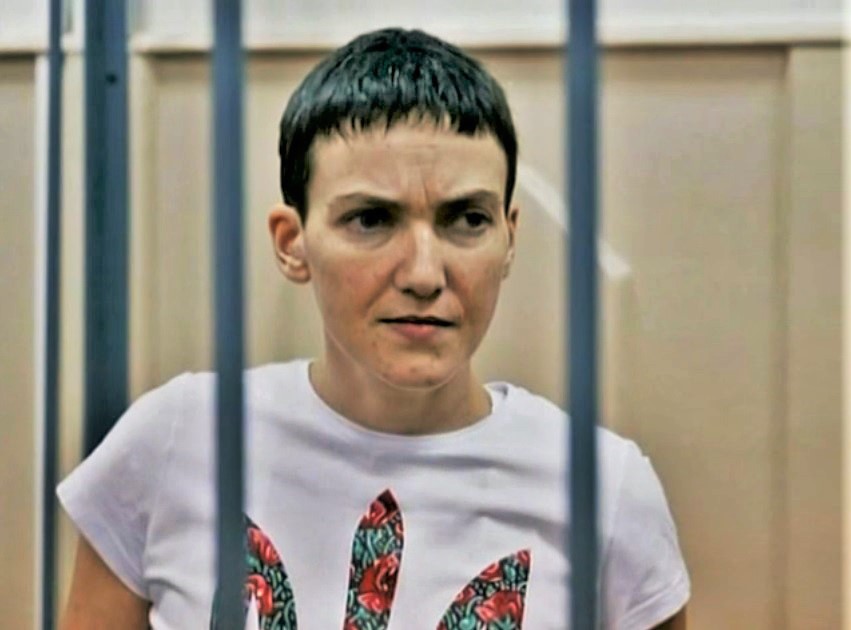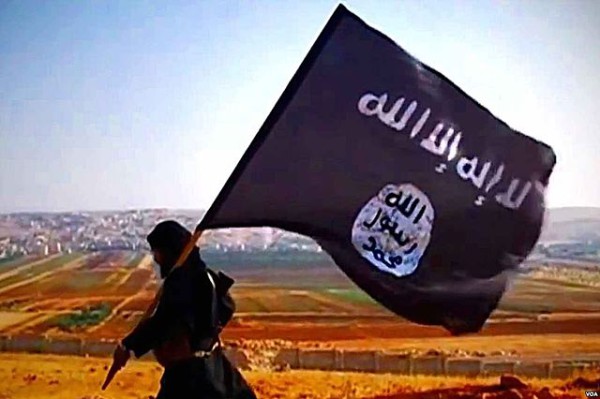Since the summer of 2014, the Islamic State (IS) has taken over large territories in Iraq and Syria. It committed massive atrocities while doing so, many of which were against women. In particular, IS militants have continually committed sexual violence as a part of their ideology. Unsurprisingly, this has motivated hundreds of Kurdish female fighters to face IS in the battle for their homeland, lives and rights.
The Status of Women Under IS Control
The most recent statistics collected by Zainab Hawa Bangura, the United Nations Special Representative on Sexual Violence in Conflict, show that IS has committed a staggering number of atrocities against women. Women who are in IS strongholds are routinely raped, tortured, forced into prostitution and murdered by Islamic extremists. It appears that this brutalization of women forms a central element of their twisted ideology. According to eyewitness accounts, when IS attacks villages they separate the women from the men and then the women are sent to the market to be auctioned off as sex slaves, or wives of fighters, and many are traded several times. This brutalization has driven many women to commit suicide.
Throughout IS’ push for territorial gain in the region, the fragmented groups of Kurdish forces have played a major role in preventing swaths of territory from falling into IS’ control. The Peshmerga, the Kurdistan region’s security forces, has been an important player. Specifically, the Kurdistan Worker’s Party (PKK), a Kurdish nationalist party established in 1978 within Turkey, through its base in Iraqi Kurdistan has mobilized its own forces to fight IS in important towns such as Kobani. The PKK has a long history of women fighting alongside men. Recently, the atrocities committed against women by IS have reinvigorated female Kurdish fighters’ desire to fight for liberation, as well as defending their territory, due to the convergence between the Kurdish nationalist cause and the growing solidarity between Kurdish female fighters with women who have fallen victim to IS. This can be seen in the latest participation of Kurdish female fighters at the front lines of battles with IS, as many of these women have expressed the sentiment that their “struggle against (the IS) is to defend women from them and from that kind of thinking.” Women have not played a prominent role in all of the Kurdish forces however, but their presence has been effective in Northern Iraq, particularly where the PKK has influence.
Historical Role of Kurdish Women
The Kurdish people share a similar culture and language although they are dispersed across parts of Syria, Iraq, Turkey and Iran. They have long struggled to establish an autonomous state. Female fighters have held an active role in the PKK in the struggle to liberate the Kurdish nation and its women. They have played a central role in the struggle for Kurdish independence and some have operated on an equal footing with men. The female unit of the PKK Peshmerga was formed in 1996 to fight loyalists of the former President Sadaam Hussein. More recently, the influence of extremist Islamic ideology in Kurdish society has led to negative consequences for Kurdish women, such as domestic abuse, honor killings and a lack of educational and work opportunities. This has been exasperated by the threat from IS.
Kurdish Female Fighters in the PKK
The female PKK Peshmerga unit created in 1996 is now undergoing intense training in Northern Iraq, at posts abandoned by the Iraqi Army in the face of an advance by Jihadist-led rebels. There are several hundred female volunteers; all of them training  daily to go to battle. These volunteers have claimed that their incentive for joining is “to defend other women in areas of conflict.” Even Kurdish women living in Turkey have left to take part in the fight. Zekia Karhan is an example of such women. She explained that by taking part in the fight they are “treated as equal to the men,“ and they are fighting against the violence inflicted on women by IS such as, “selling women, raping them and beheading them in the name of Islam”.
daily to go to battle. These volunteers have claimed that their incentive for joining is “to defend other women in areas of conflict.” Even Kurdish women living in Turkey have left to take part in the fight. Zekia Karhan is an example of such women. She explained that by taking part in the fight they are “treated as equal to the men,“ and they are fighting against the violence inflicted on women by IS such as, “selling women, raping them and beheading them in the name of Islam”.
Other female fighting units of the PKK were recently formed after IS attacked the Kurdistan region in the summer of 2014, committing violence against many citizens and selling some Kurdish women into slavery. For many of these women the anti-IS battle is as much about solidarity with women who have fallen victim to IS, as it is about the Kurdish national cause and protecting Kurdish territory. Female PKK fighters took part in battles alongside other Kurdish Peshmerga in the summer of 2014 and are credited by some locals with turning the tide of some of the battles in Iraq. Recently, female fighters have fought alongside the men of the PKK to take back Mount Makhhmur, in Northern Iraq, from IS militants. In addition, women made up 40% of the fighting population for control of the city of Kobani that took place in October 2014. Female fighters find that they can take IS militants by surprise, as they believe that their worst fear is to be killed by a woman.
An Ongoing Battle
Women have always played a central role in the Kurdish nationalist movement, as well as the fight for their liberation. We have seen these two causes converge, and the drive to liberate women reinvigorated in response to the advancement of IS into Kurdish territory and its brutalization of women. As these women fight for their lives, they do so in solidarity with their fellow women who have been victimized by IS, making it a deeply personal battle.





